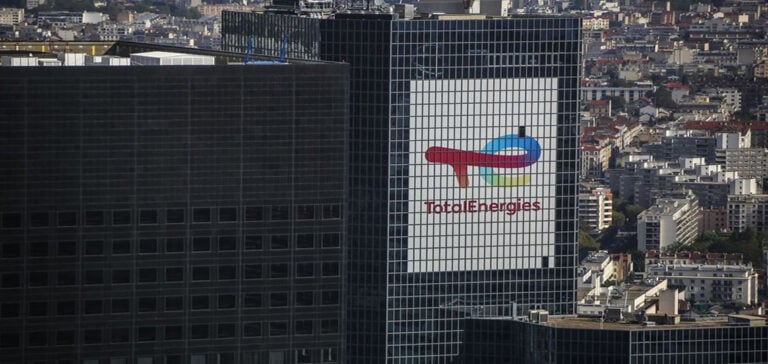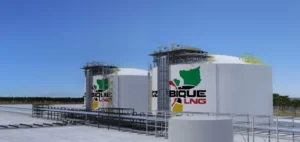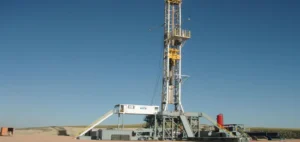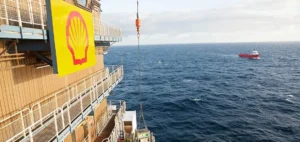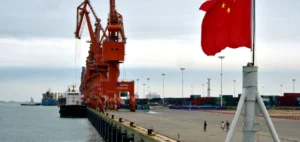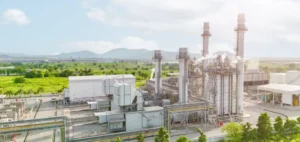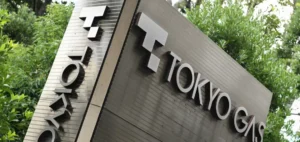Qatar signs two liquefied natural gas (LNG) supply agreements with TotalEnergies, spanning an impressive 27 years.
A long-term collaboration
The two energy giants have formalized agreements for the supply of up to 3.5 million tonnes of LNG per year from Qatar to France. Deliveries are scheduled to begin in 2026, and will span more than a quarter of a century.
The gas will come from the North Field East (NFE) and North Field South (NFS) projects, in which TotalEnergies holds shares of 6.25% and 9.375% respectively. This long-term collaboration demonstrates the company’s ongoing commitment to European markets, and to the French market in particular, strengthening France’s energy security.
Key statements
Qatar’s Minister of Energy and CEO of QatarEnergy, Saad Sherida Al-Kaabi, underlined the importance of these agreements, saying, “These two agreements demonstrate our continued commitment to European markets in general and the French market in particular, thus contributing to France’s energy security.”
The contracts were officially signed in Doha, the capital of Qatar, in the presence of TotalEnergies CEO Patrick Pouyanné, marking a significant milestone in this new energy collaboration.
Qatar’s role on the world stage
Qatar, one of the world’s leading LNG producers, is recognized for its dominant position in the industry, alongside the USA and Australia. Until now, Qatar’s main customers have been in Asia, notably China, Japan and South Korea. However, the Emirate is increasingly in demand from European countries looking for alternatives to Russian gas since the invasion of Ukraine.
A Global Energy Transition
This agreement also recalls Qatar’s previous agreement to supply LNG to Germany for 15 years last November, underlining the growing importance of LNG in the global energy landscape.
These major agreements between Qatar and TotalEnergies are not only long-term commercial agreements, but also symbols of the growing importance of liquefied natural gas in the global energy context. At a time when Europe is actively seeking to diversify its gas supply sources, this collaboration strengthens Qatar’s position as a key partner in this transition.
Implications for France and the world
France, in particular, can congratulate itself on this alliance, which will contribute to its long-term energy security. The LNG industry continues to play an essential role in the global energy supply, and these agreements mark a further step towards a cleaner, more sustainable energy transition.
Ultimately, these agreements go far beyond mere commercial transactions. They symbolize the international collaboration needed to meet the energy and climate challenges of the 21st century, and the key role Qatar and TotalEnergies are playing in this transformation.


